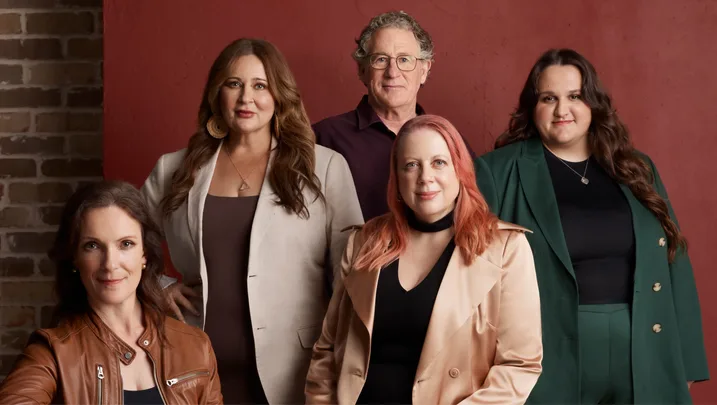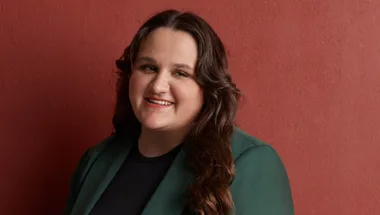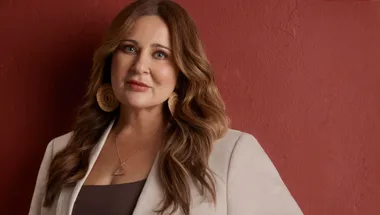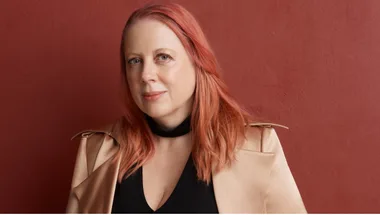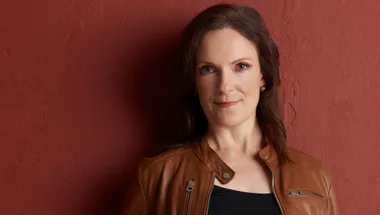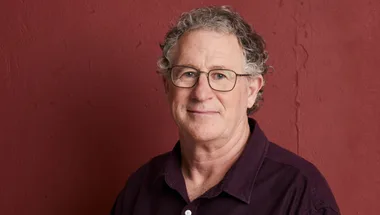TRIGGER WARNING: This article discusses domestic violence involving physical, financial and emotional abuse. If you or someone you know is being affected by domestic violence, call 1800 737 732.
There are a few sobering truths most of us know about domestic violence: it’s an issue that is killing women, it’s happening in our homes and, after at least 30 women were murdered in the first five months of this year, the Albanese Government finally declared it a national crisis.
You might also know that domestic and family violence is the leading cause of homelessness among women, that even after being declared a crisis at least another 24 women were murdered by their current or former partners. There are also women who won’t be recorded in that count at all. What many of us don’t know is how we can fix it. With domestic violence finally front of mind on the public agenda, conversations have focused on placing blame – on police, politicians, and schools – rather than finding solutions.
marie claire gathered five experts and thought-leaders in the space – Ashlee Donohue, Dr Tessa Boyd-Caine, Sarah Williams, Dr Vincent Hurley and Annabelle Daniel, OAM – to ask where we go from here.
Between them, they have been on the frontline of women’s crisis shelters, called out politicians at protest rallies, arrested perpetrators, helped women heal, and gathered and analysed the evidence needed to reform laws and change public attitudes. Despite their tireless advocacy taking different forms, they are in agreement on the solution: it takes all of us to create change.
“We need to take a national problem that’s too big for any one person to solve and bring it down to a local level,” says Daniel, who has been a leader in family violence prevention for over 15 years. “People learn in a very hands-on way, so giving them tangible tasks such as putting a collection basket for a women’s shelter at the local school, which also allows parents to know it’s a safe space to talk, is really powerful.”
As well as walking alongside women to call out bad behaviour, lending support and believing survivors is the only way to move forward. Ending domestic violence requires understanding why it happens in the first place. Research conducted by groups such as Australia’s National Research Organisation for Women’s Safety (ANROWS) tells us that men who use violence most likely experienced violence as children. “We need to be able to recognise that in the solutions – while also holding men to account for their current behaviour,” says Dr Boyd-Caine, CEO of ANROWS, which conducts evidence-based research into domestic, family and sexual violence.
When an AVO is put in place, so should a bright pink ankle bracelet, so everybody knows that person’s a DV perpetrator
Ashlee Donohue
To hold men accountable, Donohue, the CEO of Mudgin-Gal Aboriginal Women’s Centre, suggests, “When an AVO is put in place, so should a bright pink ankle bracelet, so everybody knows that person’s a DV perpetrator.” Dr Hurley, a lecturer in criminology at Macquarie University, went viral after criticising three politicians on Q+A who were debating the need for a royal commission into domestic violence rather than investing more into frontline services.
Blake Lively’s film It Ends With Us came out the same week as this marie claire shoot took place. An adaption of Colleen Hoover’s best-selling novel, it navigates the topic of domestic violence through a love triangle. Though it was criticised for its flawed treatment of gendered violence, Donohue thinks the film’s very existence is “fantastic”.
A DV survivor herself, she says, “To have domestic violence be the subject of a huge mainstream film like that would not have happened a few years ago. It’s incredible progress.” As she took her place at the marie claire shoot beside others who have dedicated their careers to creating a new reality where women are safe, Donohue’s sentiment rang true.
Gendered violence cannot be solved by activists, police, educators or governments alone. It ends with us.
From early intervention and education reform to inclusive, long-term funding removed from the political cycle, each week we will be asking an expert to share their thought-provoking solutions for Australia’s domestic violence crisis.
